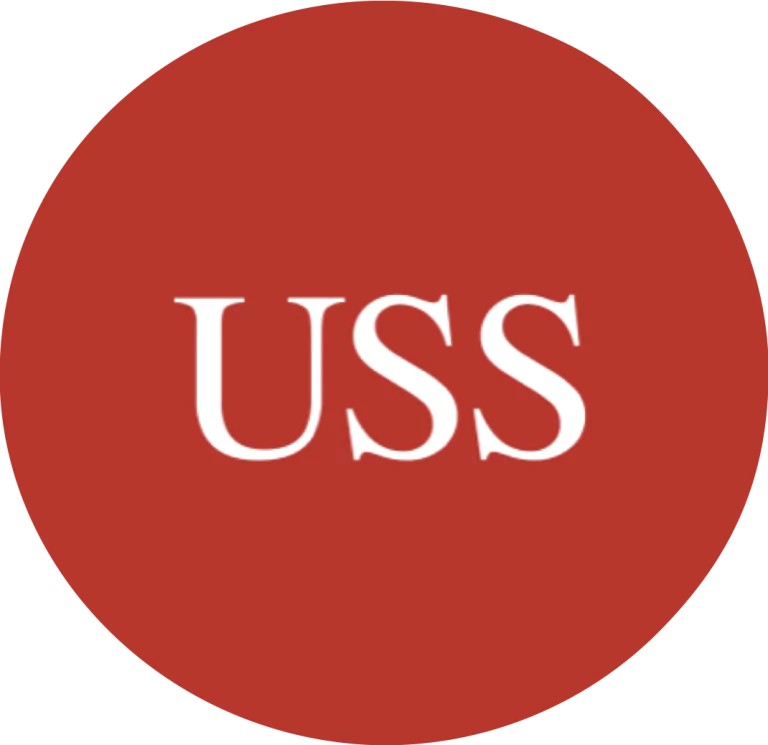From startups to large organisations, our RPO recruitment services cater to organisations of all sizes and industries. We operate as an extension of your team, representing your employer brand while providing bespoke RPO services to ensure that you hire and retain the best talent, and build high performing teams.
Executive Search

Discover the Future of Leadership with Omni’s Executive Search Solutions
In today’s competitive market, securing top-tier leadership talent isn’t just an advantage – it’s essential. As an Executive Search firm, we understand that finding the right leader is about more than filling a role; it’s about identifying executive talent who drive vision, inspire teams, and transform organisations.




















